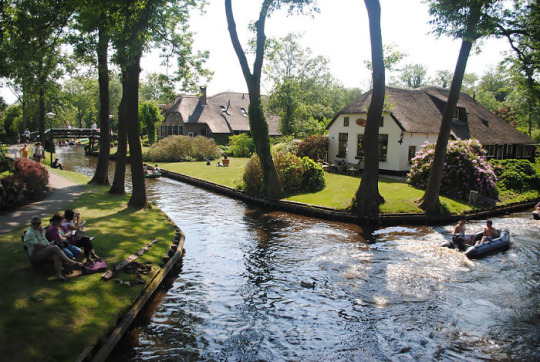26, he/him, furry, expect a lotta reblogs here | Bluesky: bsky.app/profile/beepbeepster.bsky.social| Art Blog: beepbeepdoodles.tumblr.com | G/T stuff: daz-junkpile.tumblr.com | Store: redbubble.com/people/beepbeepster/shop
Don't wanna be here? Send us removal request.
Photo

From a corporate annual report for CONDEC, the conglomerate owner of Unimation, the world’s first company dedicated to manufacturing industrial robots, July 31, 1969. Via @salem_elzway
4K notes
·
View notes
Video
ralsei addresses the allegations
ft. Wynton Yang, Bri
Edit: youtube upload here, please help me game the algorithm
27K notes
·
View notes
Text
the opposite of that "orc can't read ulysses" is an elf who smugly delivers a lecture misinterpreting the Very Hungry Caterpillar
58K notes
·
View notes
Text
I continue to run into people that are confused as to why Americans have screens on our windows and it’s really quite simple.
Bugs
Diseases carried by bugs
Other assorted wildlife such as dogs and teenagers
6K notes
·
View notes
Text
thinking about this here canal village in the netherlands








93K notes
·
View notes
Text

We report from our front door: we had not expected the sun to be quite so shy on the first day of meteorological summer. The clouds are sweeping the sky at a great pace, and the gale raises a few shivers in us. We dare say it is a little bit cold even when the sun comes out.
107 notes
·
View notes
Text

Guys i dont know if she even knows how to play the drums…
209 notes
·
View notes
Text
Ball lightning while visiting a parking lot… Ball lightning is a rare phenomenon described as luminescent, spherical objects that vary from pea-sized to several meters in diameter....
2K notes
·
View notes
Text
"The substances behind the slimy strings from okra and the gel from fenugreek seeds could trap microplastics better than a commonly used synthetic polymer.
Texas researchers proposed in 2022 using these sticky natural polymers to clean up water. Now, they’ve found that okra and/or fenugreek extracts attracted and removed up to 90% of microplastics from ocean water, freshwater, and groundwater.
With funding from the U.S. Department of Energy, Rajani Srinivasan and colleagues at Tarleton State University found that the plant-based polymers from okra, fenugreek, and tamarind stick to microplastics, clumping together and sinking for easy separation from water.
In this next stage of the research, they have optimized the process for okra and fenugreek extracts and tested results in a variety of types of water.
To extract the sticky plant polymers, the team soaked sliced okra pods and blended fenugreek seeds in separate containers of water overnight. Then, researchers removed the dissolved extracts from each solution and dried them into powders.
Analyses published in the American Chemical Society journal showed that the powdered extracts contained polysaccharides, which are natural polymers. Initial tests in pure water spiked with microplastics showed that:
One gram of either powder in a quart (one liter) of water trapped microplastics the most effectively.
Dried okra and fenugreek extracts removed 67% and 93%, respectively, of the plastic in an hour.
A mixture of equal parts okra and fenugreek powder reached maximum removal efficiency (70%) within 30 minutes.
The natural polymers performed significantly better than the synthetic, commercially available polyacrylamide polymer used in wastewater treatment.
Then the researchers tested the plant extracts on real microplastic-polluted water. They collected samples from waterbodies around Texas and brought them to the lab. The plant extract removal efficiency changed depending on the original water source.
Okra worked best in ocean water (80%), fenugreek in groundwater (80-90%), and the 1:1 combination of okra and fenugreek in freshwater (77%).
The researchers hypothesize that the natural polymers had different efficiencies because each water sample had different types, sizes and shapes of microplastics.
Polyacrylamide, which is currently used to remove contaminants during wastewater treatment, has low toxicity, but its precursor acrylamide is considered toxic. Okra and fenugreek extracts could serve as biodegradable and nontoxic alternatives.
“Utilizing these plant-based extracts in water treatment will remove microplastics and other pollutants without introducing additional toxic substances to the treated water,” said Srinivasan in a media release, “thus reducing long-term health risks to the population.”
She had previously studied the use of food-grade plant extracts as non-toxic flocculants to remove textile-based pollutants from wastewater and thought, ‘Why not try microplastics?’"
-via Good News Network, May 10, 2025
14K notes
·
View notes
Text
baby dragons whose scales are much more shiny and iridescent in order to hide in their parents' hoards
57K notes
·
View notes
Text
THEY MIGHT HAVE FIGURED OUT WHATS CAUSING LONG COVID?!?!???
63K notes
·
View notes



